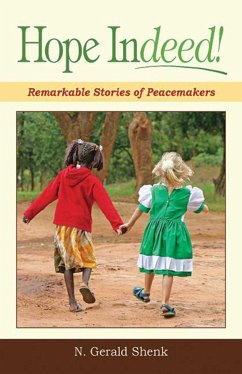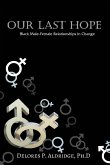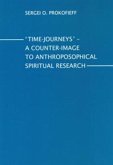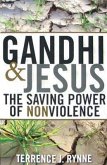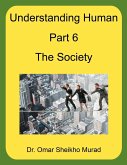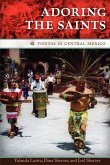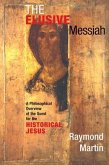Here are the stories of-- - Ned Wyse, a farmer/pastor in Michigan, chosen randomly for a near-death beating by some neighborhood kids, and what he did about it. - The Palestinian parents who gave their young murdered son's organs to ill Jewish children. - The Amish, who subverted the vicious violation of their innocent children in the Nickel Mines school by refusing to multiply the horror, and instead offered forgiveness and generosity. - Jewish Cantor Michael Weisser and his family who took carry-out food to the white supremacists who had harassed them mercilessly. - The German Lutheran pastor couple who offered their home to recently desposed and homeless Erich Honecker, who had ruthlessly ruled East Germany. - Brother Ivo who kept bringing former Catholic and Muslim neighbors together as war escalated in Bosnia. Says Shenk, "Here are stories to rehearse if we want to become people who subvert vengeance with kindness."
Hinweis: Dieser Artikel kann nur an eine deutsche Lieferadresse ausgeliefert werden.
Hinweis: Dieser Artikel kann nur an eine deutsche Lieferadresse ausgeliefert werden.

